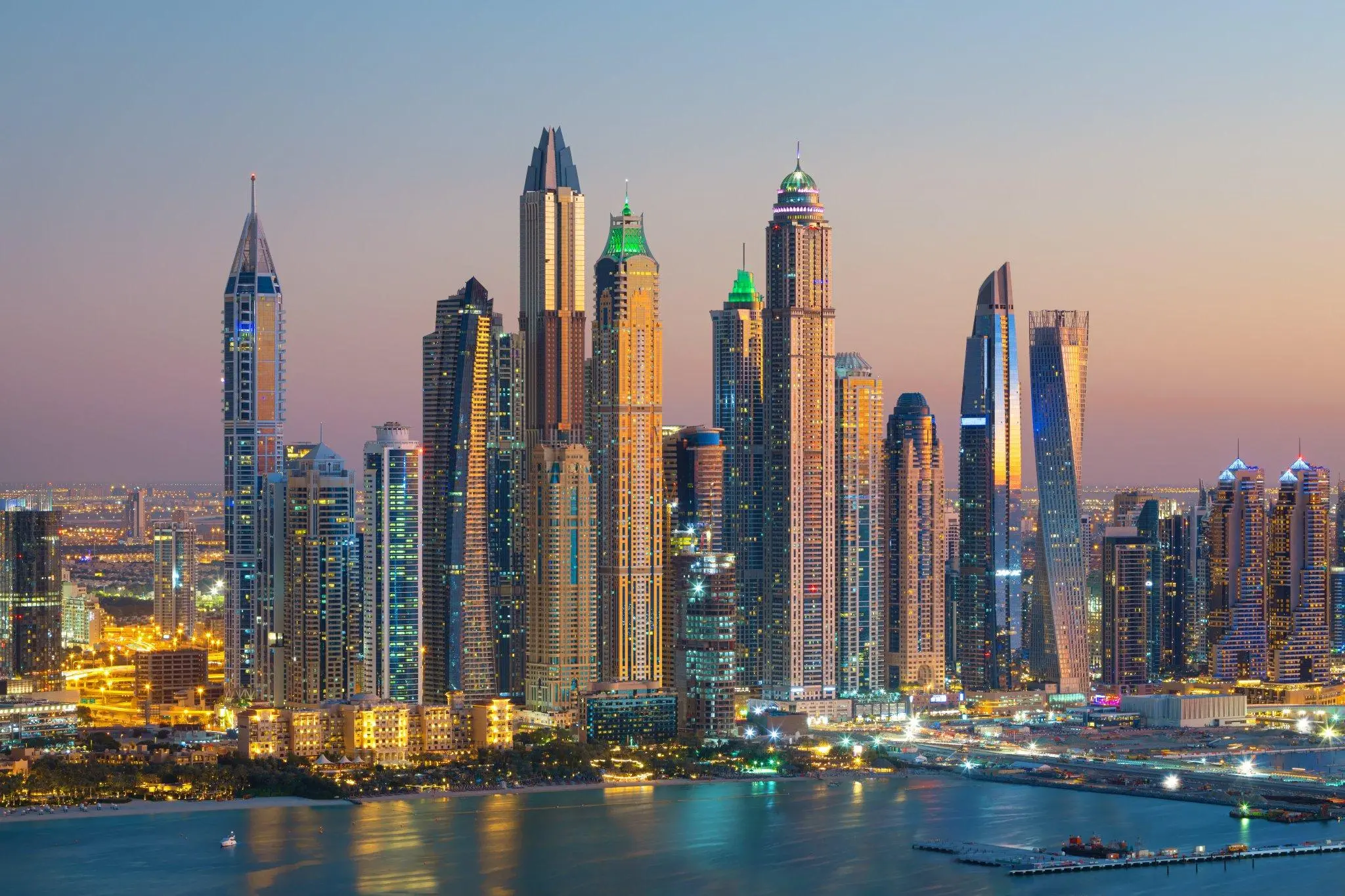PHOTO
The UAE has developed a “practical long-term strategy” to improve air quality to tackle the challenges faced by desert climate nations. In a statement shared with Khaleej Times, a spokesperson for the Ministry of Climate Change and Environment (MoCCAE) said desert nations are “confronted with particulate matter levels three times higher than the levels recommended by the World Health Organisation’s guideline” by the nature of their geographic location.
This came as the country was ranked 7th on the list of world's most polluted countries and regions based on annual average PM2.5 concentration, according to the 2023 World Air Quality Report. PM refers to particles found in the air, including dust, soot, dirt, smoke, and liquid droplets.
Prepared by Swiss air quality technology company IQAir, the report summarises PM2.5 air quality data from 7,812 cities. A total of 124 out of 134 countries and regions exceeded the WHO annual PM2.5 (particulate matter) guideline value of 5µg/m3. That is an annual average of 5 micrograms per cubic metre — µg/m3 — or less.
Four countries in the GCC, including the UAE, were among the 13 most polluted in the world. Kuwait was ranked 11th, Bahrain 12th, and Qatar 13th. Bangladesh, Pakistan and India were the most polluted on the list, with PM2.5 concentration of 79.9, 73.7 and 54.4µg/m3, respectively.
The UAE had a PM2.5 concentration of 43µg/m3. This means the country exceeded the WHO guideline by seven to 10 times.
“PM2.5 particles measure 2.5 microns or less in diameter. PM2.5 particles are so small they can only be seen with an electron microscope … Due to its small size, PM2.5 can remain suspended in the air for long periods of time and can be absorbed deep into the bloodstream upon inhalation,” IQAir said in post about the subject.
According to the report, air pollution is the greatest environmental threat to human health, causing an estimated one in every nine deaths worldwide. Citing data from the WHO, it said air pollution is responsible for an estimated seven million premature deaths worldwide every year.
“Exposure to PM2.5 air pollution leads to and exacerbates numerous health conditions, including but not limited to asthma, cancer, stroke, and lung disease. Additionally, exposure to elevated levels of fine particles can impair cognitive development in children, lead to mental health issues, and complicate existing illnesses including diabetes,” the company said.
Clear, proactive steps
In its statement, the MoCCAE said the UAE has “long recognised” the importance of improving air quality to support a healthy and sustainable life for “the almost 10 million people that live here”.
“As such, we have taken clear and proactive steps to reduce particle pollution through a series of national and international initiatives in collaboration with the local, regional, and global climate community,” it said.
The ministry cited the example of its National Air Quality Platform which keeps the public informed about the air quality levels around them. It gives residents access to real-time data.
Here's a snapshot of air quality levels on the platform at 1pm on March 21:
“We will continue to rigorously monitor air quality levels across the Emirates to gain a clear, comprehensive, and reliable picture of our air quality progress, as well as our challenges, so we can refine, upgrade, and develop the requisite solutions,” the spokesperson said.
The ministry referred to its Air Quality Agenda 2031 that defines outdoor and indoor air quality as a national priority and “provides an effective blueprint for addressing it”.
Copyright © 2022 Khaleej Times. All Rights Reserved. Provided by SyndiGate Media Inc. (Syndigate.info).





















